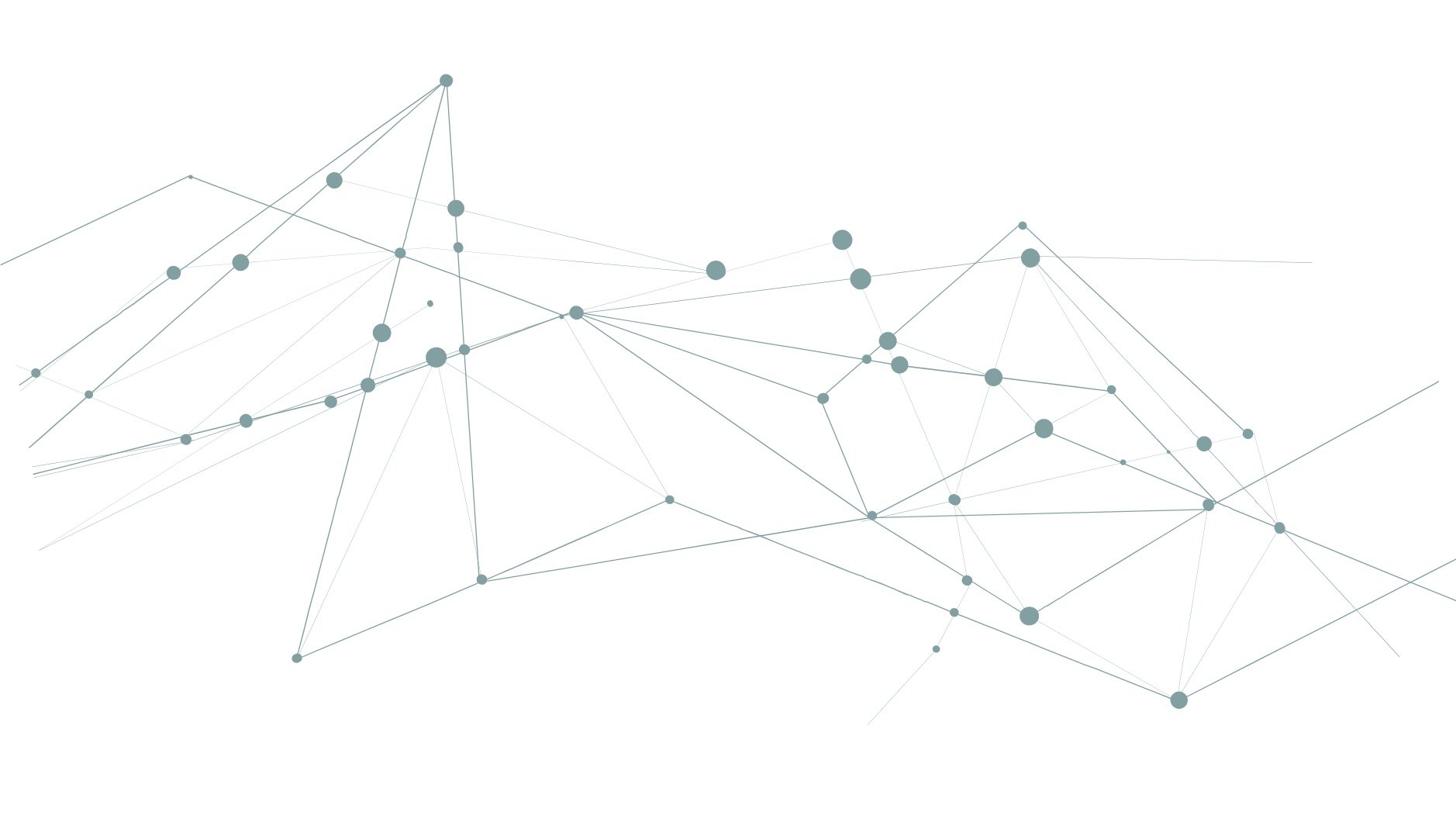Exploring Prevention Audio Project Series 1
Navigating Facilitation and Collaboration Challenges in Prevention
In this series, SATF staff responds to challenges preventionists across Oregon experience in implementing, facilitating, and partnering on prevention. These challenges were identified by participants at SATF’s annual Comprehensive Prevention Training.
In these episodes you will hear the voices of SATF staff: Megan Foster – Prevention Program Coordinator, and Carli Rohner – Campus Coordinator. You will also hear the voice of Kate Hildebrandt – Title IX & Civil Rights Specialist at Oregon Department of Education (former SATF Campus Coordinator).
Episode 1.1 : Navigating Participation Challenges
SATF staff discuss common challenges we experience around participation and participants.
Episode 1.2 : Navigating Facilitation Challenges
SATF staff discuss common challenges we experience in our facilitation of prevention efforts.
Episode 1.3 : Exploring Collaboration Challenges
SATF staff discuss common challenges around collaboration with community partners/ members as well as internally.
Episode 1.4 : Addressing Community Challenges
SATF staff explore common challenges that preventionists have in working with communities, resistance, and participation.
Episode 1.5 : Navigating School-Based Collaboration Challenges
SATF staff discuss common school-based (K-12 and college/university campus) challenges around collaboration.
Episode 1.6 : Addressing Oppression in Our Prevention Work
SATF staff discuss ideas that preventionists can address the root causes of violence and abuse (oppression) in our work.
Episode 1.7 : Addressing Power and Privilege in Prevention Work
SATF staff discuss how power and privilege can be present in our prevention work, and ideas for building community knowledge about the ways that power and privilege are used to perpetrate violence and abuse.
Episode 1.8 : Navigating Oppression in Educational Settings
SATF staff discuss strategies for navigating oppression in the academic systems of higher education and K-12 schools.
Episode 1.9 : Navigating People who have Experienced and Perpetrated Violence in our Prevention Settings
SATF staff discuss how our prevention efforts can be tailored to address the presence of those who have experienced violence, and those who have caused harm.

“I also think that it's really valuable too, when you're structuring or planning for your prevention programming, to build in space for flexibility. And a lot of times we try and cram as much as we possibly can into a short period of time knowing that we usually have limited sessions, limited access, and being able to factor in that flexibility and give time and space to explore things further, or ask follow up questions, to understand more and give people a chance to navigate those pieces. If our programming is structured to just move on immediately, we'll never be able to address those. So when we're developing/planning for and developing our programming, building in flexibility is really valuable to help address this.”
Meg , Episode 1.6 “Addressing Oppression in Prevention Efforts”

“It's really important for you to examine your own positional and systems-based privilege, where you might experience marginalization, where you might experience privilege, how you've seen that show up in your life, what various advantages or barriers you face, and to do some of your own work to come to terms with that, and especially the ways -- because privilege is often invisible, think about the ways that your privilege might have manifested.”
Kate, Episode 1.7 “Addressing Power and Privilege in Prevention Efforts”
